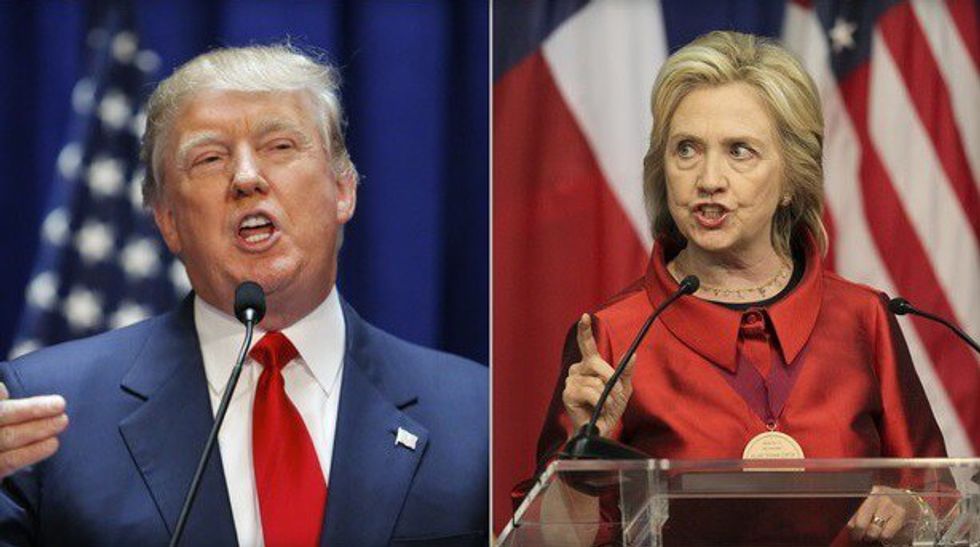After a year-long election cycle and a tough primary race, we'll finally get to see the two candidates square off one on one in a debate for the presidency. Now, I'm writing this before the first debate between Clinton and Trump and this will be posted after the debate airs so I can't go into what was said. However, there are some components of a debate that does not rely heavily on what is said. So many dynamics such as how a candidate answers a question, how they look, how they conduct themselves, etc., can help or sink a candidate. It might not matter that Hillary Clinton is a knowledgeable policy wonk if the rest of the country tells her to smile. It might not matter if Donald Trump has no political experience so long as he presents himself as presidential. The presidential debates are largely focused on one thing and that is pathos; how the candidates make the audience feels.
Recommended for you
The presidential debates typically draw in a large viewership on TV but this one with Clinton and Trump is expected to surpass Superbowl levels with 100 million people tuning in. Most of the people watching have already made up their minds on who they are voting for so this is more akin to rooting for your favorite football team. There are still some undecided people watching and basing their vote off the debates and the candidates might do or say something that can change a person's mind. The television debates are basically a very long infomercial selling two products. In this case, two very unpopular products. Both Clinton and Trump have an image that the public already has in their mind that they must shake off in order to win. Clinton has to demonstrate that she has learned from her mistakes and improve her image of inadequate trust-ability. Trump has to prove that he is not immature and can be serious about the issues.
With television, it's all about image. The first televised presidential debate was between John Kennedy and Richard Nixon. People who listened on the radio thought that Nixon won but those watching on TV thought Kennedy won because they saw a calm, confident, young Kennedy in contrast to the sweaty, nerve-racked Nixon. Jimmy Carter portrayed himself as serious and methodical but given the current political climate, the reassuring voice and Hollywood-esque image of Ronald Reagan were what the voters really wanted. In his debate as president, Reagan made a funny quip when asked of about the public's concern that he was too old to continue, "I refuse to make age an issue. I will not exploit for political purposes, my opponent's youth and inexperience," making the audience roar with laughter. Al Gore's constant sighing while George W. Bush spoke only added fuel to the public's perception that he was a snobby intellectual. While it is debatable whether the little things truly help or hurt the candidates in the polls, there are moments that everyone will take about the next day.
For average American voters, they don't pay too closely to the nitty-gritty of policy. Who they vote for is based on which candidate they feel most comfortable with. Trump supporters feel he is strong and gives them the feeling of power and passion. If Hillary can take that feeling away and replace it with fear and uncertainty, then Trump falls. If Trump can make voters question Hillary's motives and make them feel unsafe with her, then Hillary falls. Three debates, three chances to make an impression. Better make it a good one.




















